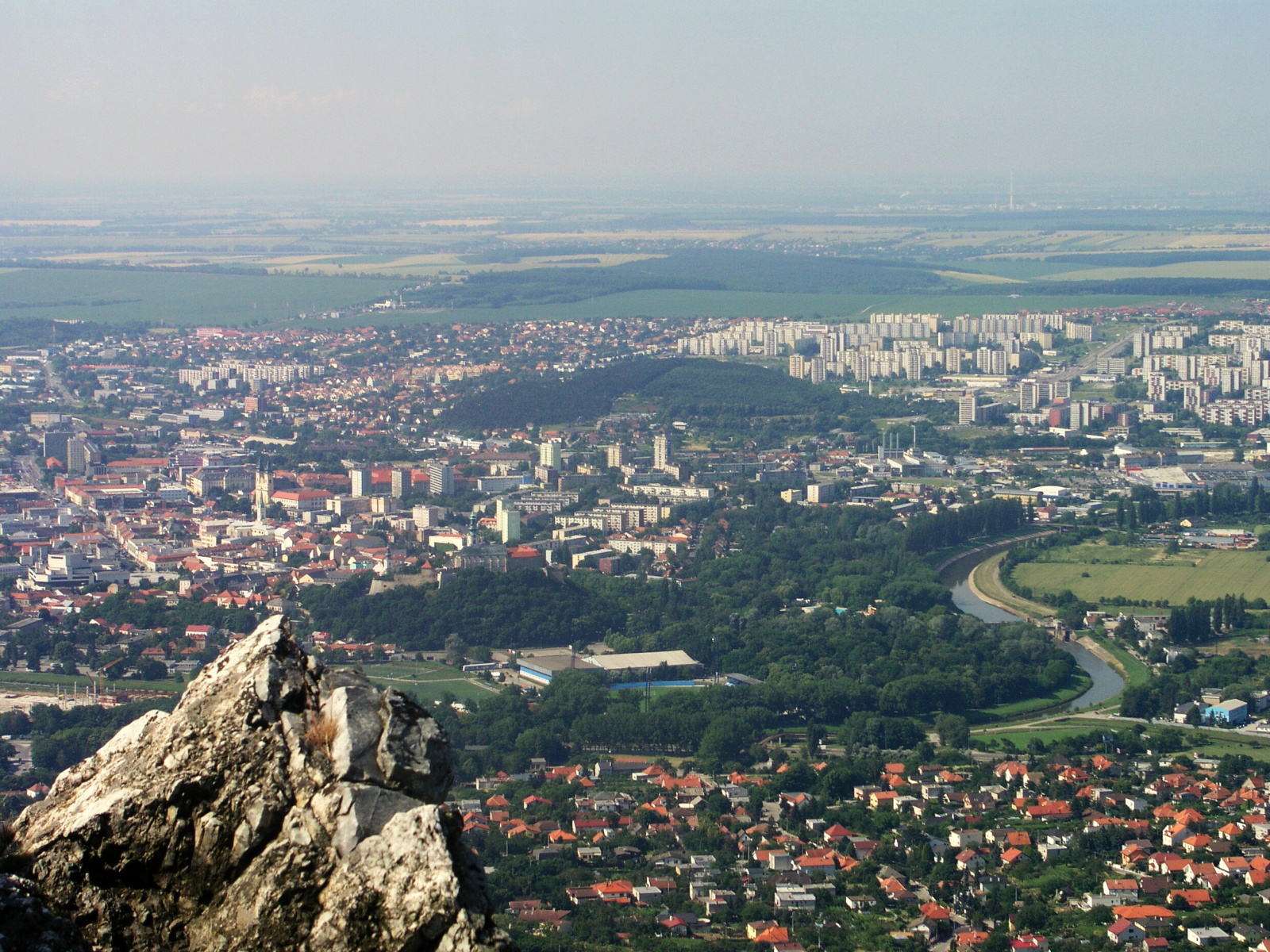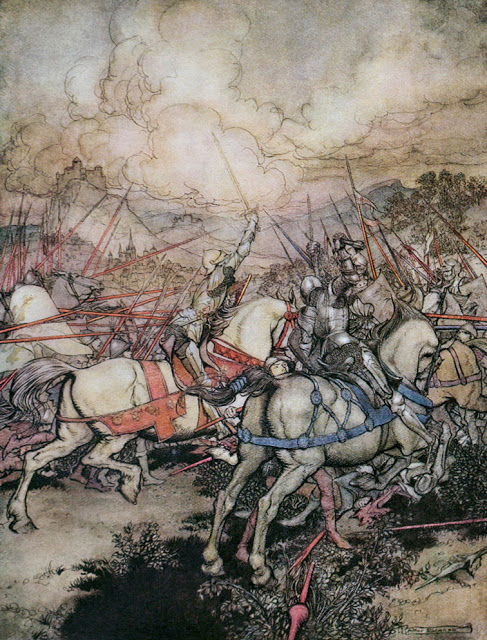|
Marja Holecyová
Marja Holecyová (born Mária Holecyová 28 August 1988) is a Slovak mathematician and fantasy writer. Education Holecyová was born in Nitra. She studied Mathematics at the Comenius University. Her PhD thesis ''Maximum Principle for Infinite Horizon Discrete Time Optimal Control Problems'' was supervised by professor Pavel Brunovský and defended in 2016. Writing Holecyová started writing Harry Potter fan fiction as a 16 years old under the pseudonym Marja Holecyová. Encouraged by the popularity of her writing she send a manuscript of her own fantasy story set in Slovakia and based on local mythology Mariotovi dediči (Heirs of Mariot) to the Slovak branch of Czech fantasy and sci-fi published Fragment at the age of 20. The success of the book resulted in three sequels published over the course of 2010 and 2011. In 2016, she published a historical fantasy novel set in the 16th century Kingdom of Hungary The Kingdom of Hungary was a monarchy in Central Europe that ex ... [...More Info...] [...Related Items...] OR: [Wikipedia] [Google] [Baidu] |
Nitra
Nitra (; also known by other #Etymology, alternative names) is a city in western Slovakia, situated at the foot of Zobor Mountain in the valley of the river Nitra (river), Nitra. It is located 95 km east of Bratislava. With a population of about 78,353, it is the fifth largest city in Slovakia. Nitra is also one of the oldest cities in Slovakia; it was the political center of the Principality of Nitra. Today, it is a seat of a ''Regions of Slovakia, kraj'' (Nitra Region), and an ''Districts of Slovakia, okres'' (Nitra District). Etymology The first mention of Nitra dates back to the 9th century. The name of the city is derived from the Nitra River. The name is Indo-European languages, Indo-European, but the question of its History of Proto-Slavic#Pre-Slavic, pre-Slavic or Slavic people, Slavic origin has not been satisfactorily answered. Nitra might be derived from the old Indo-European root ''neit-'', ''nit-'' 'to cut' or 'to burn' using the derivational element ''-r-'' (se ... [...More Info...] [...Related Items...] OR: [Wikipedia] [Google] [Baidu] |
Living People
Purpose: Because living persons may suffer personal harm from inappropriate information, we should watch their articles carefully. By adding an article to this category, it marks them with a notice about sources whenever someone tries to edit them, to remind them of WP:BLP (biographies of living persons) policy that these articles must maintain a neutral point of view, maintain factual accuracy, and be properly sourced. Recent changes to these articles are listed on Special:RecentChangesLinked/Living people. Organization: This category should not be sub-categorized. Entries are generally sorted by family name In many societies, a surname, family name, or last name is the mostly hereditary portion of one's personal name that indicates one's family. It is typically combined with a given name to form the full name of a person, although several give .... Maintenance: Individuals of advanced age (over 90), for whom there has been no new documentation in the last ten ... [...More Info...] [...Related Items...] OR: [Wikipedia] [Google] [Baidu] |
Slovak Women Scientists
Slovak may refer to: * Something from, related to, or belonging to Slovakia (''Slovenská republika'') * Slovaks, a Western Slavic ethnic group * Slovak language, an Indo-European language that belongs to the West Slavic languages * Slovak, Arkansas, United States See also * Slovák, a surname * Slovák, the official newspaper of the Slovak People's Party Andrej Hlinka, Hlinka's Slovak People's Party (), also known as the Slovak People's Party (, SĽS) or the Hlinka Party, was a far-right Clerical fascism, clerico-fascist political party with a strong Catholic fundamentalism, Catholic fundamental ... * {{disambiguation, geo Language and nationality disambiguation pages ... [...More Info...] [...Related Items...] OR: [Wikipedia] [Google] [Baidu] |
21st-century Slovak Women Writers
File:1st century collage.png, From top left, clockwise: Jesus is crucified by Roman authorities in Judaea (17th century painting). Four different men (Galba, Otho, Vitellius, and Vespasian) claim the title of Emperor within the span of a year; The Great Fire of Rome (18th-century painting) sees the destruction of two-thirds of the city, precipitating the empire's first persecution against Christians, who are blamed for the disaster; The Roman Colosseum is built and holds its inaugural games; Roman forces besiege Jerusalem during the First Jewish–Roman War (19th-century painting); The Trưng sisters lead a rebellion against the Chinese Han dynasty (anachronistic depiction); Boudica, queen of the British Iceni leads a rebellion against Rome (19th-century statue); Knife-shaped coin of the Xin dynasty., 335px rect 30 30 737 1077 Crucifixion of Jesus rect 767 30 1815 1077 Year of the Four Emperors rect 1846 30 3223 1077 Great Fire of Rome rect 30 1108 1106 2155 Boudican revolt ... [...More Info...] [...Related Items...] OR: [Wikipedia] [Google] [Baidu] |
Comenius University Alumni
John Amos Comenius (; ; ; ; Latinized: ''Ioannes Amos Comenius''; 28 March 1592 – 15 November 1670) was a Czech philosopher, pedagogue and theologian who is considered the father of modern education. He served as the last bishop of the Unity of the Brethren (direct predecessor of the Moravian Church) before becoming a religious refugee and one of the earliest champions of universal education, a concept eventually set forth in his book ''Didactica Magna''. As an educator and theologian, he led schools and advised governments across Protestant Europe through the middle of the seventeenth century. Comenius introduced a number of educational concepts and innovations including pictorial textbooks written in native languages instead of Latin, teaching based in gradual development from simple to more comprehensive concepts, lifelong learning with a focus on logical thinking over dull memorization, equal opportunity for impoverished children, education for women, and universal and ... [...More Info...] [...Related Items...] OR: [Wikipedia] [Google] [Baidu] |
Slovak Women Novelists
Slovak may refer to: * Something from, related to, or belonging to Slovakia (''Slovenská republika'') * Slovaks, a Western Slavic ethnic group * Slovak language, an Indo-European language that belongs to the West Slavic languages * Slovak, Arkansas, United States See also * Slovák, a surname * Slovák, the official newspaper of the Slovak People's Party Andrej Hlinka, Hlinka's Slovak People's Party (), also known as the Slovak People's Party (, SĽS) or the Hlinka Party, was a far-right Clerical fascism, clerico-fascist political party with a strong Catholic fundamentalism, Catholic fundamental ... * {{disambiguation, geo Language and nationality disambiguation pages ... [...More Info...] [...Related Items...] OR: [Wikipedia] [Google] [Baidu] |
People From Nitra
The term "the people" refers to the public or common mass of people of a polity. As such it is a concept of human rights law, international law as well as constitutional law, particularly used for claims of popular sovereignty. In contrast, a people is any plurality of persons considered as a whole. Used in politics and law, the term "a people" refers to the collective or community of an ethnic group or nation. Concepts Legal Chapter One, Article One of the Charter of the United Nations states that "peoples" have the right to self-determination. Though the mere status as peoples and the right to self-determination, as for example in the case of Indigenous peoples (''peoples'', as in all groups of indigenous people, not merely all indigenous persons as in ''indigenous people''), does not automatically provide for independent sovereignty and therefore secession. Indeed, judge Ivor Jennings identified the inherent problems in the right of "peoples" to self-determination, as i ... [...More Info...] [...Related Items...] OR: [Wikipedia] [Google] [Baidu] |
1988 Births
1988 was a crucial year in the early history of the Internet—it was the year of the first well-known computer virus, the 1988 Internet worm. The first permanent intercontinental Internet link was made between the United States (National Science Foundation Network) and Europe (Nordunet) as well as the first Internet-based chat protocol, Internet Relay Chat. The concept of the World Wide Web was first discussed at CERN in 1988. The Soviet Union began its major deconstructing towards a mixed economy at the beginning of 1988 and began its gradual dissolution. The Iron Curtain began to disintegrate in 1988 as Hungary began allowing freer travel to the Western world. The first extrasolar planet, Gamma Cephei Ab (confirmed in 2003), was detected this year and the World Health Organization began its mission to eradicate polio. Global warming also began to emerge as a more significant concern, with climate scientist James Hansen testifying before the U.S. Senate on the is ... [...More Info...] [...Related Items...] OR: [Wikipedia] [Google] [Baidu] |
Kingdom Of Hungary
The Kingdom of Hungary was a monarchy in Central Europe that existed for nearly a millennium, from 1000 to 1946 and was a key part of the Habsburg monarchy from 1526-1918. The Principality of Hungary emerged as a Christian kingdom upon the Coronation of the Hungarian monarch, coronation of the first king Stephen I of Hungary, Stephen I at Esztergom around the year 1000;Kristó Gyula – Barta János – Gergely Jenő: Magyarország története előidőktől 2000-ig (History of Hungary from the prehistory to 2000), Pannonica Kiadó, Budapest, 2002, , pp. 37, 113, 678 ("Magyarország a 12. század második felére jelentős európai tényezővé, középhatalommá vált."/"By the 12th century Hungary became an important European factor, became a middle power.", "A Nyugat részévé vált Magyarország.../Hungary became part of the West"), pp. 616–644 his family (the Árpád dynasty) led the monarchy for 300 years. By the 12th century, the kingdom became a European power. Du ... [...More Info...] [...Related Items...] OR: [Wikipedia] [Google] [Baidu] |
Czechoslovak Socialist Republic
The Czechoslovak Socialist Republic, (Czech language, Czech and Slovak language, Slovak: ''Československá socialistická republika'', ČSSR) known from 1948 to 1960 as the Czechoslovak Republic (''Československá republika)'', Fourth Czechoslovak Republic, or simply Czechoslovakia, was the Czechoslovakia, Czechoslovak state from 1948 until 1989, when the country was under Marxist-Leninist state, communist rule, and was regarded as a satellite state in the Soviet Union, Soviet sphere of interest. Following the 1948 Czechoslovak coup d'état, coup d'état of February 1948, when the Communist Party of Czechoslovakia seized power with the support of the Soviet Union, the country was declared a "people's democratic state" when the Ninth-of-May Constitution became effective. The traditional name (''Czechoslovak Republic''), along with several other state symbols, were changed on 11 July 1960 following the implementation of the 1960 Constitution of Czechoslovakia as a symbol of th ... [...More Info...] [...Related Items...] OR: [Wikipedia] [Google] [Baidu] |
Historical Fantasy
Historical fantasy is a category of fantasy and genre of historical fiction that incorporates fantastic elements (such as magic (fantasy), magic) into a more "realistic" narrative. There is much crossover with other subgenres of fantasy; those classed as King Arthur, Arthurian, Celts, Celtic, or Dark Ages (historiography), Dark Ages could just as easily be placed in historical fantasy. Stories fitting this classification generally take place prior to the 20th century. Films of this genre may have plots set in biblical times or classical antiquity. They often have plots based very loosely on mythology or legends of Greek-Roman history, or the surrounding cultures of the same era. Overview Historical fantasy usually takes one of three common approaches: # Magic in fiction, Magic, mythical creatures, such as dragons, or other supernatural elements, such as magic rings, co-exist invisibly with the mundane world, with the majority of people being unaware of it. In this, it has a clo ... [...More Info...] [...Related Items...] OR: [Wikipedia] [Google] [Baidu] |



